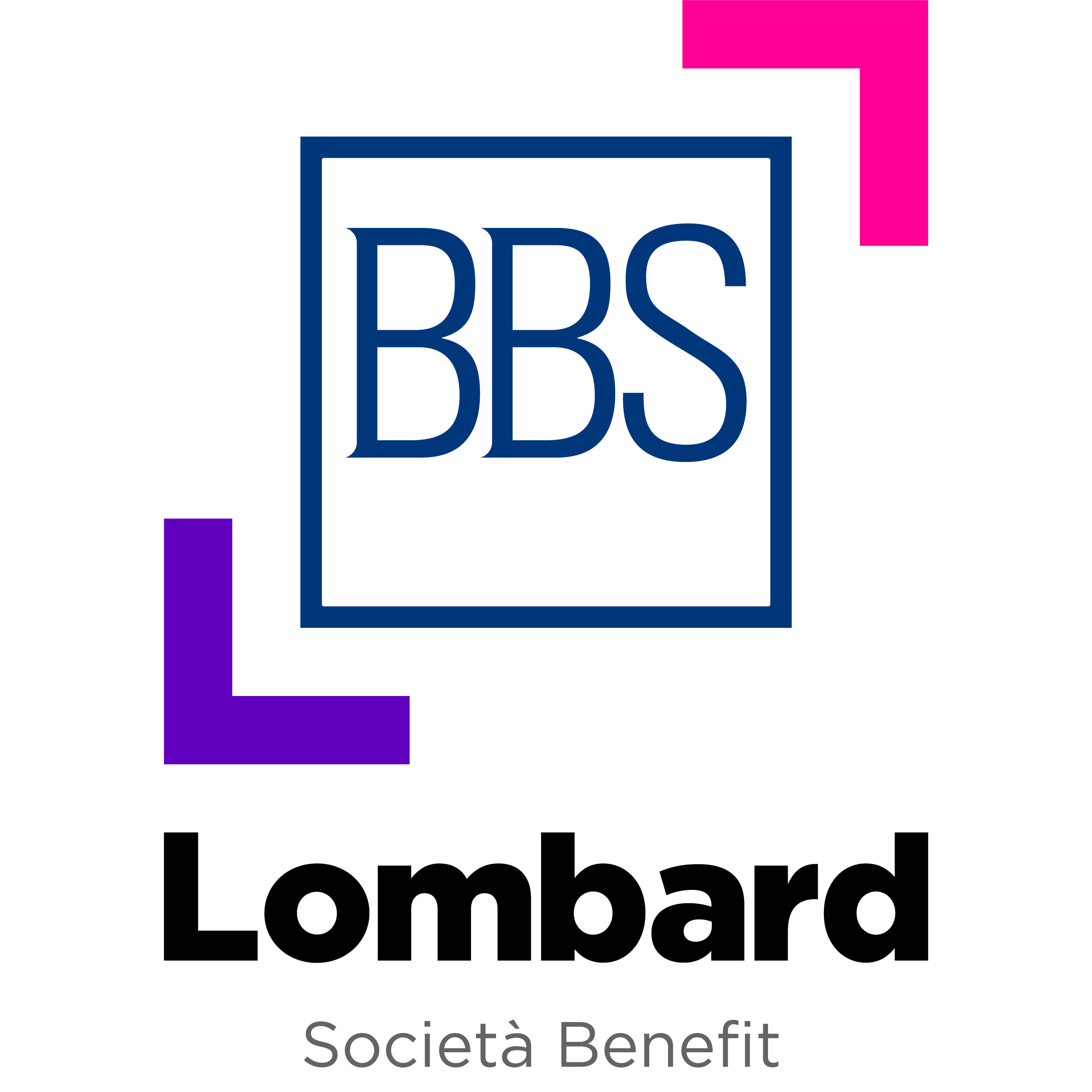4|5 ONE DAY
By Irene Verde
On 11 and 12 November 2022 the IMAGO Museum in Pescara hosted the third edition of the FRA - Futuro Ragione Arte - Forum produced by Hub-C.
The main purpose of both days was to create dialogues between people, not only on a professional but also on a personal level. In the field of communication we know that each of us is closely linked to a ‘tribe’ that often thinks exactly like us, which makes us fall asleep in a pleasant and warm comfort-zone. But can we grow and learn while staying in our safe cocoon? I’d like to say yes (who doesn’t like to be comfortable?) but the truth is that, often, in order to understand how the world around us works, we have to get out of that warm space and bang our heads against walls made of words we don’t know or don’t like. As drastic as this may sound, it is, in fact, a step towards the concept of community. It can be said that the overall goal of the FRA is to ensure we aren’t left sinking in a mental quicksand. So this doesn’t happen we need two main factors. The first is certainly discussion. Imagine taking people from different professions, such as an economist, a journalist, an artist, a museum and gallery curator, or even those who have had the courage to create an organisation that reflects their values, and putting them all together in a room to discuss a specific topic among peers. What FRA has done this year is started to create a dialogue not only between different sectors but also between different generations.
I had the opportunity to be part of this generational confrontation. As someone from the class of ‘97 and a communication designer I was invited by Giovanna Romano to attend the two-day FRA as an audience member and to take part in the ‘in giro per festival’ roundtable on 12 November with Oliviero Ponte di Pino, Giulia Alonzo and Nicola Pedone. Although the main theme of the event was Italian festivals, there was a lot of talk about the concept of community because it is indeed a phenomenon that occurs during festivals: a number of different and unfamiliar people come together in a specific space-and-time to experience whatever those days will be, together. One of the main purposes of the festival, regardless of what sort of festival it is, is to get together and share something unique that touches us deeply in an almost visceral way. Hardly anyone who goes to a festival will ever forget the feeling they had, who they met or what they listened to; these memories probably remain imprinted in people’s minds because they felt part of a wider community at the moment they happened.
Although I had a great time talking to the professionals I had the pleasure of meeting during those two days, I must say that as a young person it is extremely difficult to be heard. Yet every time questions like “what do young people think?” or “and in all this, where are the young?”, or even “what would young people want?” can be heard and one almost gets the impression that those who ask these questions really want an answer, a solution to these dilemmas. Unfortunately the truth is that they are often just rhetorical questions and, as we know, rhetorical questions don’t require a real answer. I am sure that a day will come when our ideas will be heard and not put aside just because young means inexperienced, or because in these modern times we no longer have to walk from our small village to the big city with the soles of our shoes broken and muddy.
The day will surely come when we will be paid for our time and work without people even considering asking us to offer it for free. The FRA is meant to be a sounding board for the new generations, to make professionals in the system aware of the fears, dreams and above all projects the new generations cannot wait to realise.
In second place on this intense but short list, we find listening. A very different and more challenging activity than hearing, listening allows us to suspend judgement and really try to understand what the other person is trying to tell us. The FRA is an event where we can put these two elements into practice and create something unique together, something that takes us out of our comfort zone, something akin to a breeze of fresh air caressing our minds.
Born in 1997 in Anzio, Irene Verde is communication systems designer specialised in social design. After a three-year degree in Graphic Art at the Academy of Fine Arts in Rome, and thanks to a one-year Erasmus+ experience at the Complutense University of Madrid, she realised what she liked most: design in all its facets. To realise and refine this creative propensity, she decided to take a Master’s degree at ISIA in Pescara in the field of Multimedia Communication Systems. Winner of the Erasmus Traineeship+ competition, she is looking forward to realising her most significant projects and experimenting with new visions of the concept of society.
